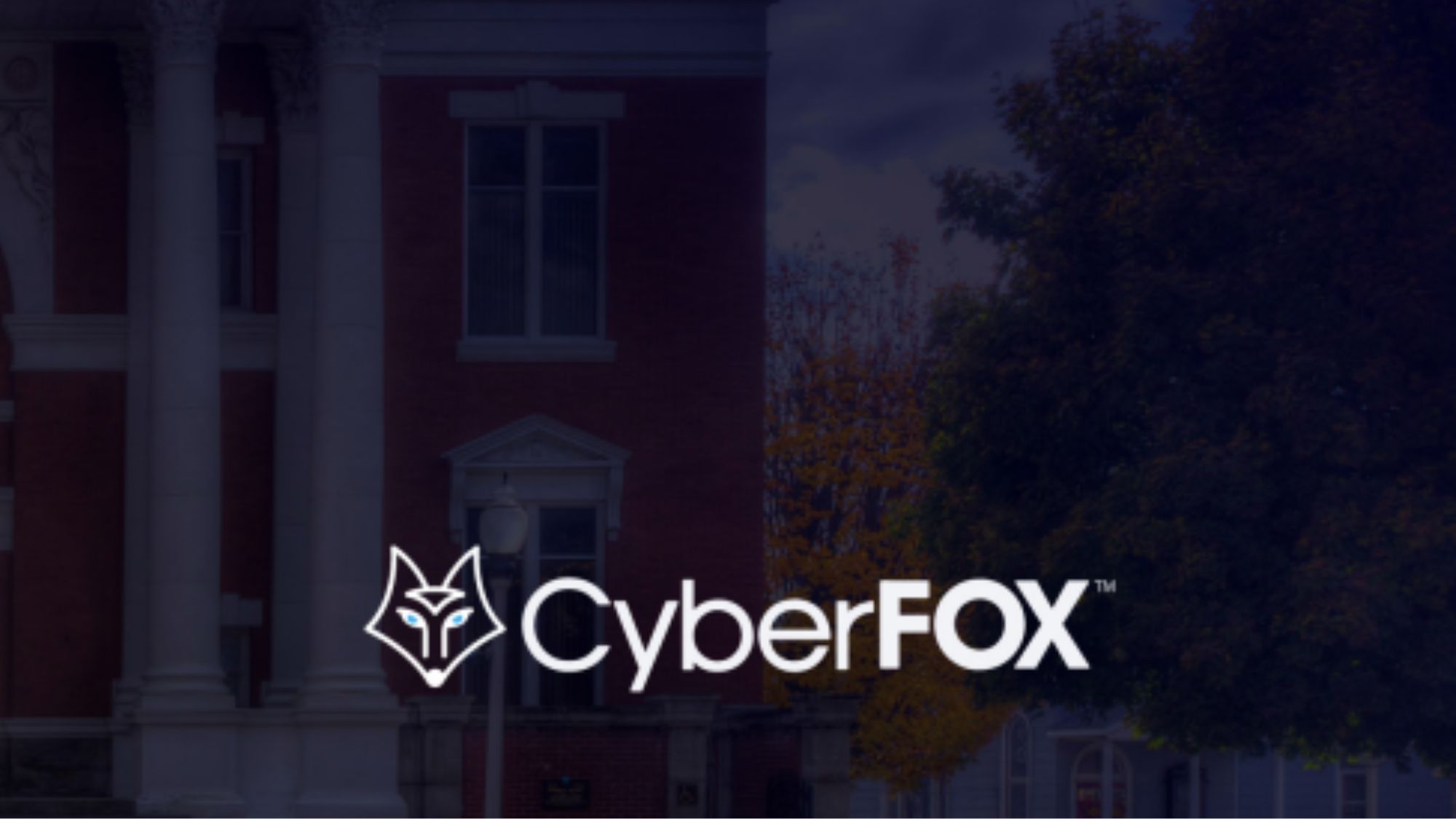Andrew Philpott joins Websense as VP sales, UK & Ireland
Philpott appointed to newly created position at security firm.

Websense (NASDAQ: WBSN) has appointed Andrew Philpott as vice president of sales for UK & Ireland.
“We’re delighted to welcome Andrew to Websense and believe that he has the expertise and energy to drive the Websense vision for truly integrated security,” says Didier Guibal, executive vice president of worldwide sales. “Andrew has an impressive track record in strong partner-led business. The channel is tremendously important to Websense, and this appointment further highlights our ongoing commitment to invest in the best team for the channel.”
Previously Philpott was vice president of sales EMEA for the Network Security Business Unit at McAfee. He joined McAfee following the acquisition of Secure Computing Corporation where he had been for 11 years, eight of which as vice president of sales, EMEA. Under his leadership, Philpott grew the business at Secure Computing to $80m and built a European operation with local offices and a partner network spanning 40 countries across EMEA. Prior to this he held sales positions at 3Com and Eicon Technology.
“I have joined Websense at a very exciting time,” explains Philpott. “We have an exceptional team and I am confident that our combination of expertise and innovative products will continue to lead a new generation of security.”
ChannelPro Newsletter
Stay up to date with the latest Channel industry news and analysis with our twice-weekly newsletter
ITPro is a global business technology website providing the latest news, analysis, and business insight for IT decision-makers. Whether it's cyber security, cloud computing, IT infrastructure, or business strategy, we aim to equip leaders with the data they need to make informed IT investments.
For regular updates delivered to your inbox and social feeds, be sure to sign up to our daily newsletter and follow on us LinkedIn and Twitter.


